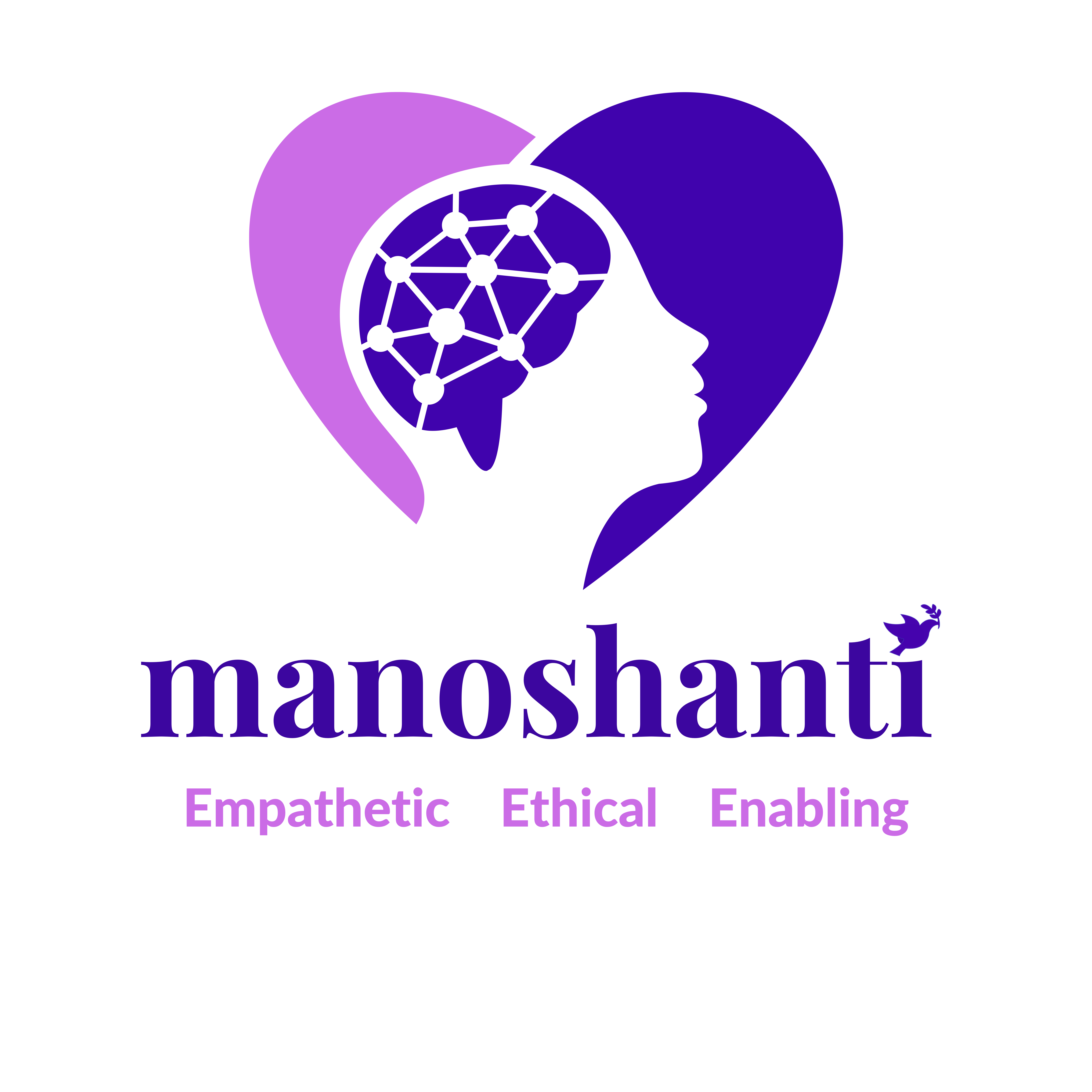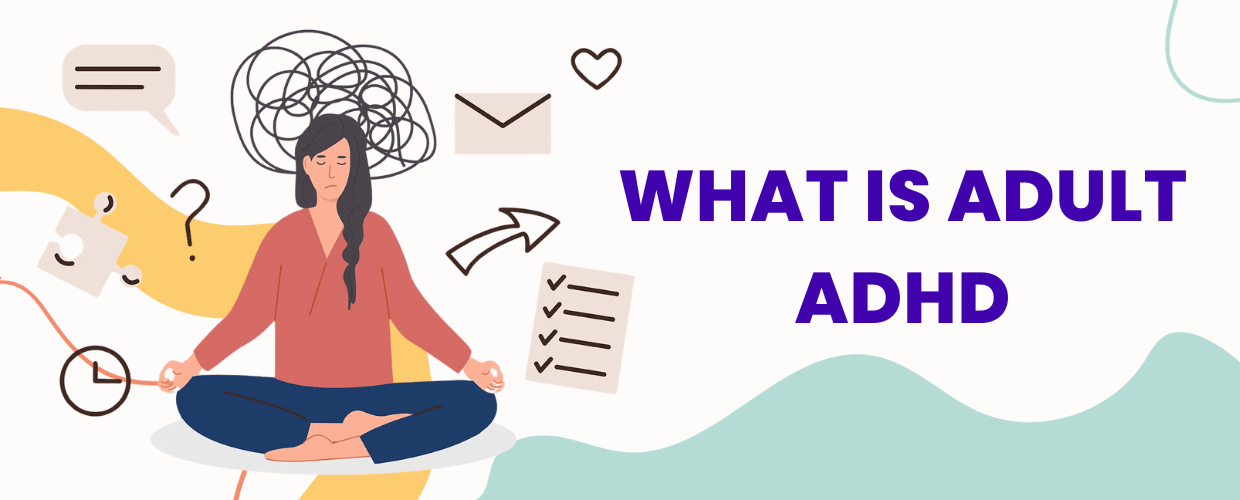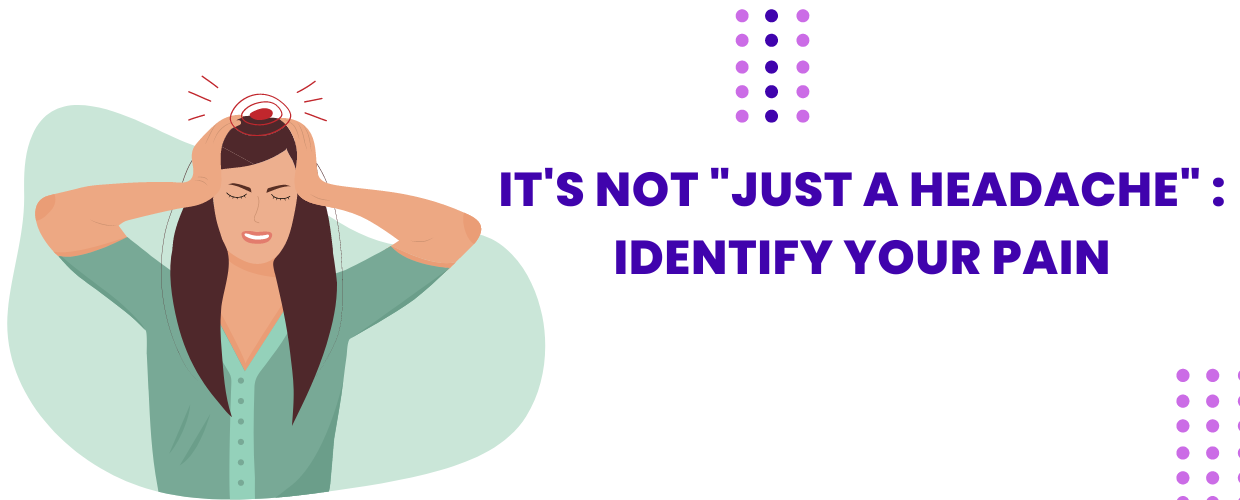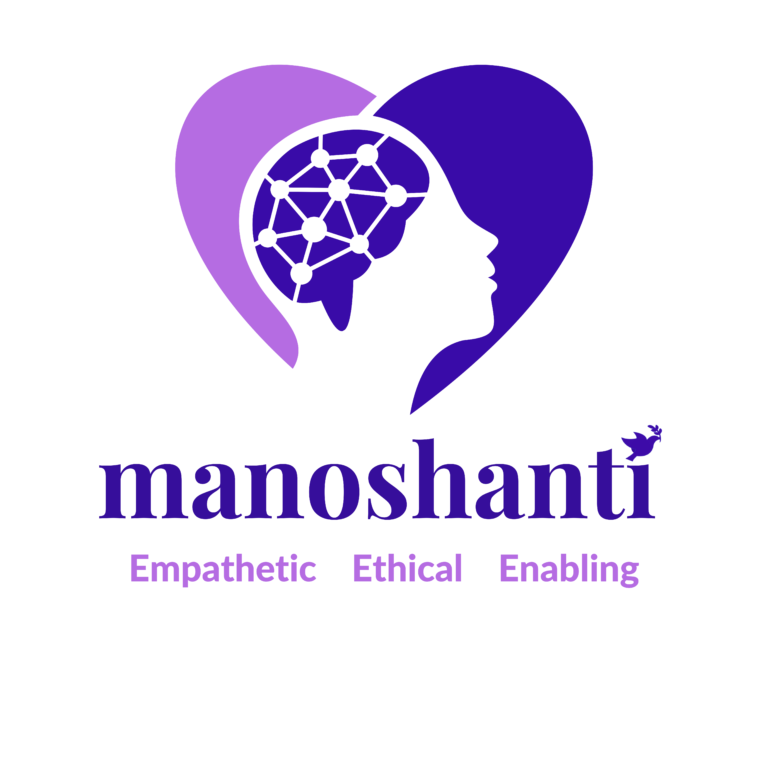Repetitive Transcranial Magnetic Stimulation (rTMS) is a non-invasive brain stimulation technique that uses magnetic fields to stimulate nerve cells in the brain. It involves placing a coil on the scalp and delivering rapid, repetitive magnetic pulses to specific areas of the brain. rTMS has been shown to have potential therapeutic benefits for a range of conditions, including depression. It is also being investigated for its potential use in treating other neurological and psychiatric disorders, such as schizophrenia and obsessive-compulsive disorder (OCD).
rTMS is a relatively new technique in India, and its availability and use may vary depending on factors such as the availability of trained professionals, equipment, and funding. Some hospitals and clinics in major cities such as Pune, Bengaluru, Hubli may offer rTMS as a treatment option for certain conditions, particularly depression, and anxiety. If you are interested in receiving rTMS in Pune or Bengaluru or Hubli it is recommended that you consult with a medical professional who can provide personalized advice and guidance on the availability and suitability of rTMS for your specific needs. Here are a few advantages of repetitive transcranial magnetic stimulation to give you a better understanding of the process-
Non-Invasive:
As mentioned previously, rTMS is a non-invasive procedure that works outside the body, without requiring any surgery or electrode implantation. It involves sending harmless electromagnetic waves into the brain through the skull to stimulate specific mood-regulating cells that release neurotransmitters like serotonin and dopamine. A small electromagnetic coil is placed on the scalp to create magnetic waves that stimulate the nerve cells.
No extreme side effects:
rTMS has no lasting or severe side effects. This treatment may be good option for people with for depression and anxiety disorders who experience some side effects with medication such as nausea, weight gain, sedation or sexual dysfunction. ECT is another treatment method for brain disorders, but it involves anaesthesia and can cause headaches, difficulty retaining information, long-term memory loss, confusion, and muscle aches.
Some mild effects with rtms stimulation include mild headache, dizziness, or slight scalp discomfort but are usually brief and dissipate within minutes of the session ending.
Effective Method:
rTMS has proven to be a highly effective treatment for mental health disorders, with a success rate of up to 70%. The positive results of TMS continue long after the treatment is completed, with 90% of individuals experiencing the benefits 12 months later. rTMS has also been found to produce positive outcomes in patients who have not responded well to antidepressant medication. rTMS may also be a treatment option for people with depression or anxiety who do not prefer medication or those who have side effects with medication.
Final Thoughts:
In addition to the benefits discussed earlier, rTMS offers further advantages over other treatments. Unlike ECT, rTMS does not require the use of anaesthesia or sedatives, which are typically used during the ECT procedure. Moreover, rTMS do not cause any side effects which may occur with some on antidepressants. It is crucial to conduct thorough research and consult a medical professional before deciding to undergo rTMS to make an informed decision.






